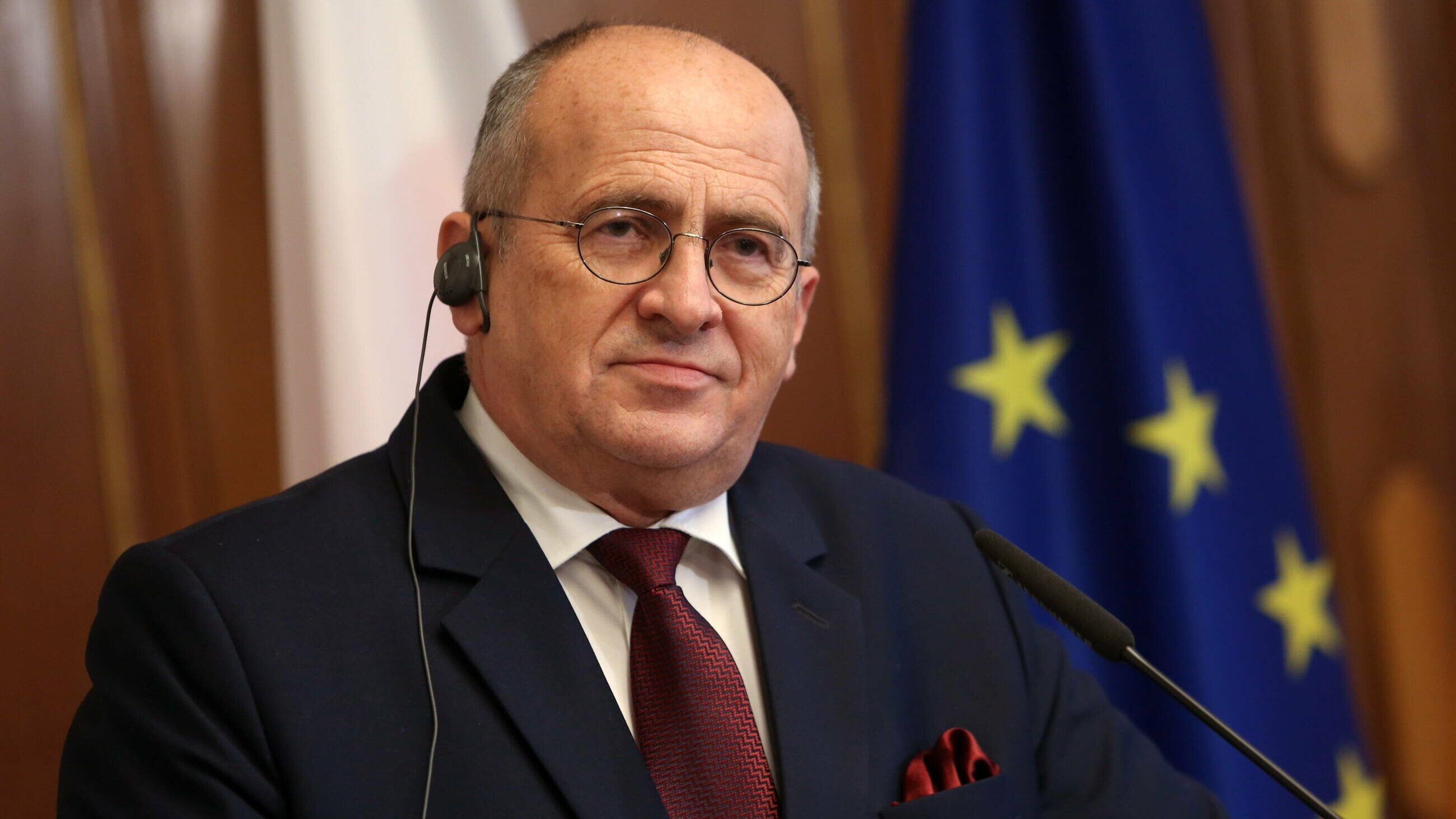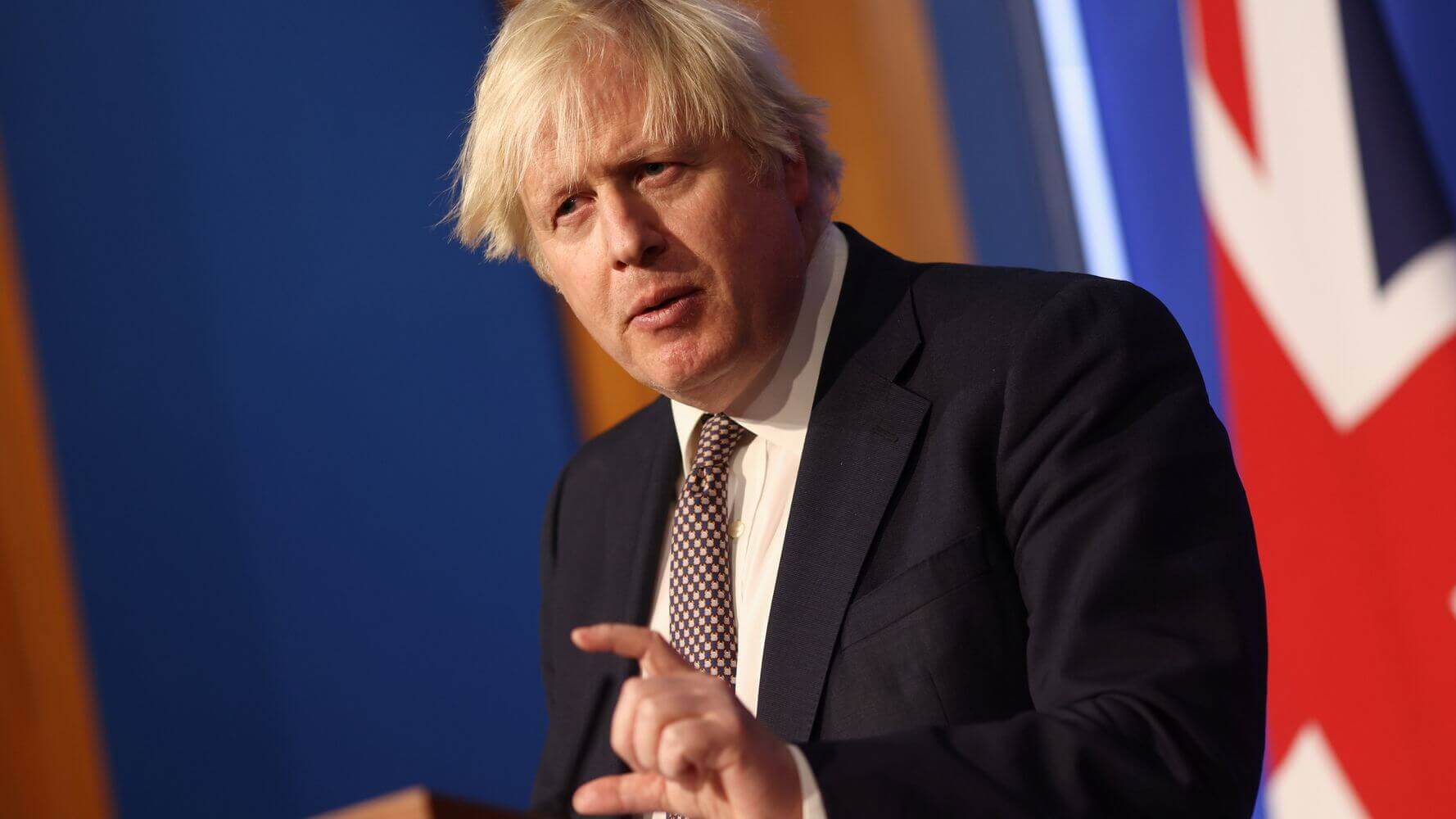South Asia
20 Bangladeshi university students who were also members of the ruling Awami League’s student wing were sentenced to death on Wednesday for brutally murdering a 21-year-old who had criticised the government on Facebook. Abrar Fahad was found dead in 2019 after he criticised Prime Minister Sheikh Hasina for entering into a water-sharing agreement with India. [The Hindu]
Speaking at the International Conference on Nepal’s Reconstruction 2021, Chinese Foreign Minister Wang Yi said that China would continue to assist Nepal’s recovery from the 2015 twin earthquakes that killed 9,000 people. He also said that Nepal and China would continue to deepen cooperation under the Belt and Road Initiative. [CGTN]
The International Olympic Committee (IOC) announced $560,000 of aid for Aghan athletes as the country battles harsh winters. IOC President Thomas Bach said that this followed “discreet” diplomatic engagement with the Taliban. [Al Jazeera]
Central Asia and the Caucasus
Armenian Foreign Minister Ararat Mirzoyan on Wednesday held a phone call with his Russian counterpart Sergey Lavrov to discuss settling the Nagorno-Karabakh dispute. Both envoys called for the full restoration of the peace process under the Organization for Security and Cooperation in Europe (OSCE) Minsk Group. [Public Radio of Armenia]
In a sign of mounting tensions in the South Caucasus, both Armenia and Azerbaijan accused each other of provoking a fight along the border. The Armenian Defence Ministry on Wednesday accused Azerbaijan’s military of firing at Armenian soldiers along the southwest direction of their border. Meanwhile, Baku said its army positions in Kalbajar on Wednesday came under fire from Armenian units. No casualties were reported on either side. [Armen Press, Azer News]
East and Southeast Asia
United States Secretary of State Antony Blinken will head to Indonesia, Malaysia, and Thailand next week to discuss “strengthening the regional security infrastructure” against an increasingly assertive China, especially in the South China Sea. [Channel News Asia]
In response to Australia announcing a diplomatic boycott of the Beijing 2022 Winter Olympics on Wednesday, Chinese Foreign Ministry spokesperson Wang Wenbin told a press conference that “nobody cares whether they come or not” because “China did not invite any Australian official to the Games.” Australia’s “stunt will have no impact” on the games, Wang said. [Global Times]
Europe
Switzerland’s foreign affairs minister, Ignazio Cassis, will replace Guy Parmelin as the country’s next president in January. 156 out of 200 members in the Federal Assembly voted in favour of Cassis. His main tasks will include fighting the COVID-19 pandemic and restoring ties with the European Union. [Euronews]
On Wednesday, Polish Foreign Minister Zbigniew Rau, in a meeting with his Latvian counterpart Edgars Rinkevics, stressed the importance of North Atlantic Treaty Organization (NATO) solidarity against Russian and Belarusian aggression. The governments of Poland, Lithuania, Latvia, and Estonia blamed Belarusian President Alexander Lukashenko for fuelling a migration crisis at the European Union (EU) border in retaliation to EU sanctions. [The First News]
To combat the growing number of COVID-19 cases following the detection of the Omicron variant, British Prime Minister Boris Johnson announced a host of new restrictions that mandate masks and urge people to work from home. Johnson said he was left with no choice but to move to “Plan B.” [Al Jazeera]

Latin America and the Caribbean
Bolivia’s Citizen Security Deputy Minister, Roberto Ríos, revealed this week that former interim President Jeanine Áñez, a right-wing senator who rose to power following a coup to depose Evo Morales back in November 2019, had requested military equipment and weapons from both the United States and the United Kingdom. The government has provided two letters sent by the Áñez administration to the American and British ambassadors as evidence. [MercoPress]
On Wednesday, United States (US) Senators Patrick Leahy (D-VT) and Ron Wyden (D-OR) requested the Biden administration to change the country’s approach towards Cuba, which is currently characterised by punitive sanctions and an economic blockade that has been in place since 1962. The two senators say the current policy is rife with “contradictions, hypocrisy, arrogance, and missed opportunities.” Cuban officials have repeatedly referred to the US’ measures as “economic terrorism.” [Telesur]
Middle East and North Africa (MENA)
The Iraqi military and Kurdish Peshmerga forces carried out joint operations in the Kurdistan region to eliminate remaining Islamic State (IS) militants. This follows a surge in IS attacks over the past few weeks that have killed 22 Peshmerga fighters and several Iraqi soldiers. [Rudaw]
Iran and world powers will resume nuclear negotiations in Vienna on Thursday after the seventh round of talks was abruptly cancelled last week as the United States accused Iran of rapidly advancing its nuclear programme and not showing seriousness. [Reuters]
North America
On Wednesday, the upper house of the United States (US) Congress, the Senate, rejected President Joe Biden’s vaccine mandate for businesses with 100 or more employees in a narrow 52-48 vote. Senate Majority Leader Chuck Schumer (D-NY) blamed the “far-right” and social media for spreading misinformation about the vaccine. Republicans displayed support for vaccines but deemed the vaccine mandate to be a government overreach. [The Voice of America]
On Wednesday, following the United States (US) diplomatic boycott of the Bejing Winter Olympics, the US House of Representatives, the lower house of Congress, passed three bills to exert diplomatic pressure on the Chinese government. Bills 427-1 and 428-1 condemn the Chinese government’s treatment of the Uyghur Muslims in Xinjiang, while also banning imports from the region. Meanwhile, Bill 428-0 refutes the Chinese government’s claims about the safety of tennis star Peng Shuai. [The Hill]
Oceania
On Wednesday, in its 2021 defence assessment report, New Zealand’s defence forces warned of the continued security threat China poses in the Indo-Pacific, particularly in light of its growing strategic competition with the United States and its allies. The report said, “New Zealand faces a world in which strategic competition is increasingly the background for states’ relationships.” [Reuters]
On Thursday, New Zealand announced new legislation that will increase the legal smoking age every year. Under the legislation, children aged 14 and under will not be legally able to buy tobacco. Associate health minister Dr Ayesha Verrall said, “We want to make sure young people never start smoking so we will make it an offence to sell or supply smoked tobacco products to new cohorts of youth.” [The Guardian]
Sub-Saharan Africa
The armed forces of the Democratic Republic of Congo (DRC) have launched a joint operation with the United Nations (UN) peacekeeping force MONUSCO against over 100 armed groups that are active in the east of the country. MONUSCO will provide reinforcements, intelligence, logistics, and look after protecting civilians; however, the UN peacekeeping force will not take part in ongoing joint counterterrorism operations between the DRC and Uganda against the Allied Democratic Forces rebel group. [Africa News]
30% of Rwanda’s population of 13.3 million people have now been fully vaccinated against COVID-19, while a further 6.3 million, or 45%, have received at least one dose. The country has targeted having 9.3 million fully vaccinated citizens by the end of next year. [The East African]
Burkina Faso President Roch Marc Christian Kaboré has stepped down and also accepted the resignation of Prime Minister Christophe Joseph Marie Dabiré, as a result of which the entire ruling government has now resigned. It is thought that the government resigned due to backlash over its inability to tackle radical Islamism, with jihadist attacks accounting for at least 2,000 deaths since 2015, while a further 1.4 million people have been displaced. [AFP]

